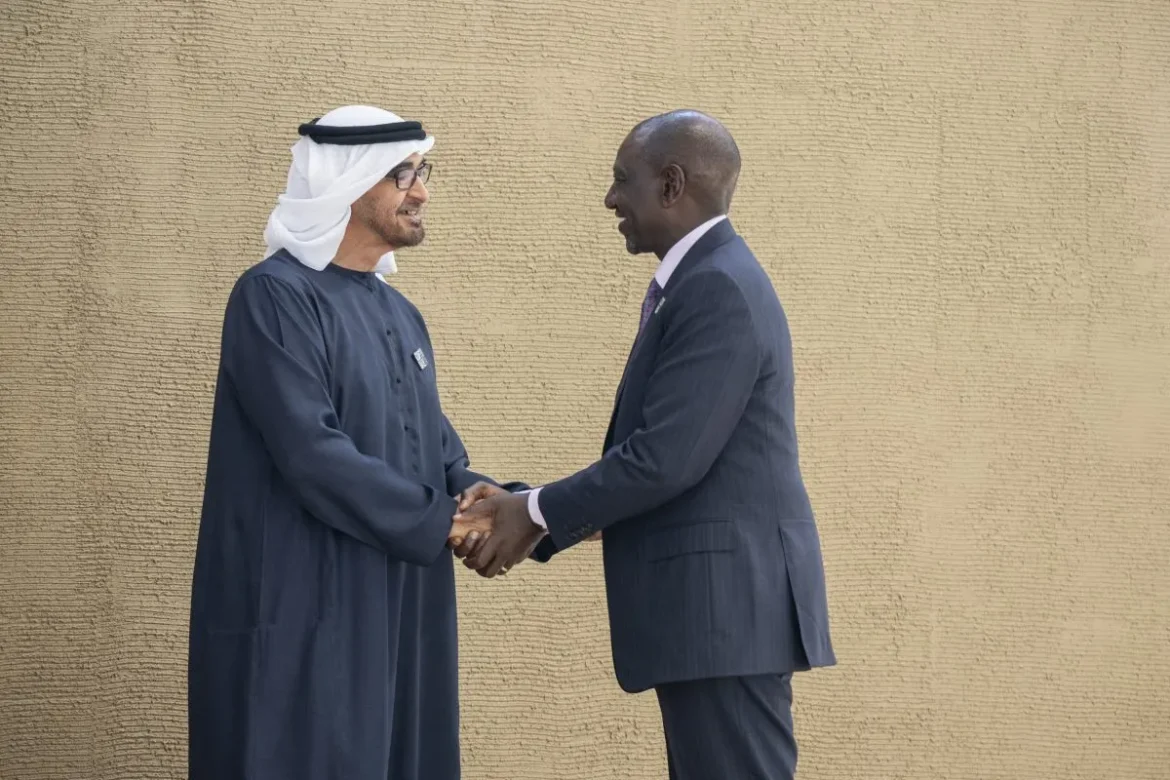The United Arab Emirates (UAE) has now become the biggest foreign investor in Africa’s new business projects, with a total commitment of $110 billion between 2019 and 2023. Out of this amount, about $72 billion has gone into renewable energy projects across the continent. This makes the UAE’s financial involvement more than what traditional development partners like the United Kingdom, France, and China have brought to the table in recent years.
African leaders are receiving these investments with cautious optimism, especially as most countries are currently battling with economic struggles and are in need of infrastructure upgrade and energy reform. The shift towards renewable energy, especially solar and wind, is in line with Africa’s growing interest in cleaner, more sustainable sources of power. This development comes at a time when many African nations are also dealing with electricity shortages and fuel import challenges.
UAE companies are spreading their wings across different sectors in Africa. Logistics and port operations are a major area of focus. For example, DP World, one of the largest Emirati companies, is managing ports and trade hubs in Guinea, Angola, and Egypt. Another key player, Abu Dhabi Ports, is also deepening its presence across the continent through port management contracts and infrastructure projects. These partnerships are expected to improve cargo movement and trade logistics, which are very important for economic growth in Africa.
In Zambia, a big investment came from International Resource Holdings, a firm linked to Sheikh Tahnoon bin Zayed Al Nahyan, a powerful Emirati royal and businessman. The company bought 51% of Mopani Copper Mines in a deal worth $1.1 billion. This shows that the UAE is not just focusing on ports and energy but is also looking at Africa’s rich mining sector as a key area of interest.
However, while the investments may look good on the surface, there are growing concerns in some quarters. Human rights groups, environmental activists, and local labour unions have raised questions about the working conditions at some UAE-backed projects. They say some companies have not done enough to respect labour rights or protect the environment.
A major concern is the issue of gold smuggling. Investigations have pointed fingers at networks linked to the UAE in the illegal trade of gold from Africa. Reports show that over 2,569 tonnes of gold, worth more than $115 billion, were smuggled out of Africa between 2012 and 2022 without proper accounting or taxes being paid. This has raised serious concerns about transparency and accountability in how some of the deals are being carried out.
Despite all these worries, analysts believe that the UAE’s interest in Africa will continue to grow. The Gulf nation is trying to reduce its reliance on oil by diversifying its economy. Africa, with its large population, rich natural resources, and growing markets, offers an attractive opportunity. As a result, more investments are likely to come, especially in areas like infrastructure, transport, mining, and green energy.
African leaders are now being urged to ensure that these investments benefit their citizens and are handled in a way that meets global standards of fairness and responsibility. Experts are calling for stronger regulations, better monitoring, and improved governance to make sure that the continent is not short-changed.
While the presence of big money from UAE in Africa is welcome, it also brings with it the responsibility to do things right. African governments, civil society, and communities must all play their part to make sure that the deals signed today do not create bigger problems tomorrow.
